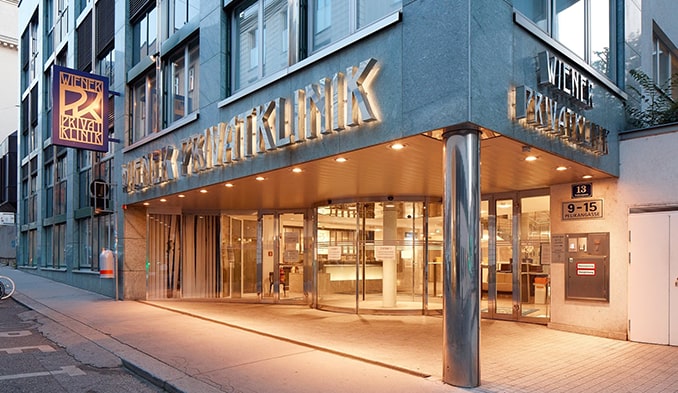Observations from pediatric surgery
-
What are the most common medical conditions for which young patients consult you as a pediatric surgery physician?
In my practice in the field of pediatric surgery observations, in most cases these are medical problems such as inguinal hernia and cryptorchidism. These conditions usually require surgical intervention after the first year of a child's life. In surgery for cryptorchidism, it is necessary to remove the testicle from the inguinal area and place it in the scrotum to prevent immune reactions that may reduce future fertility due to increased heat in the area. Other common medical problems in children are tumors affecting the blood vessels.
Among the other common diseases is vesicoureteral reflux. Urine is usually produced by the kidneys and moves to the bladder through the urethra. The bladder has a valve that prevents urine from going back to the kidneys when urinating. In the event that this valve does not function properly (in about 1 - 2% of children), urine can back up into the ureters and kidneys. The pressure in the bladder when urinating rises.
As a consequence, inflammation and fever may be observed in the child - a symptom of vesicoureteral reflux. When a urinary infection with fever symptoms occurs in children, it indicates that the infection has spread outside the bladder as there is no increase in temperature. It is necessary to take measures in time, within half a year after the birth of the child, to be able to prevent damage to the kidneys. The intake of antibiotics is recommended as this can help prevent similar problems in adolescents. In most patients, during the first five years of life, vesicoureteral reflux decreases and the likelihood of problems becomes less.
-
Can you tell us about the most challenging surgery you've performed so far in your pediatric surgery practice?
The biggest challenge for me so far was the surgery of a newborn baby who was diagnosed with esophageal atresia during the mother's pregnancy. During the prenatal period, we found difficulty swallowing and the development of hydramnios - excess fluid around the baby in the uterus. This necessitated correction of the esophagus through surgery. Interestingly, this was one of the youngest babies to undergo such a complex operation.
-
What is the preparation process you go through before surgery?
To ensure optimal preparation before surgery, the surgeon strives to be rested and in full physical readiness. He must take in the necessary calories - often this involves the consumption of dried fruit. The consumption of energy drinks with a high sugar content is avoided. An important part of the preliminary preparation is the rest itself. The body must be provided with the necessary fluids, electrolytes, special food, dried fruit and meat.
Mental preparation is also essential. It is necessary to think in advance about the strategy during the operation and the possible scenarios. It is important to organise a meeting with the team so that everyone is informed about the course of the operation and understands the possible dangers. It is also important to communicate to the team that the operation may take some time, but everyone is prepared to deal with it.
-
If you have the opportunity to make a difference in the medical field, or more specifically in pediatric surgery, what would you choose?
My view is that medical professionals should be required to participate in teaching as part of their training. This would allow professionals to broaden and enrich their knowledge in the field in which they have specialised. Teaching students or other professionals requires a thorough study of the scientific literature and careful investigation of issues that have not been fully understood before. This process allows for exploration of topics in greater detail. It is essential for us physicians to keep abreast of the latest trends in medicine.










